October 27, 2025
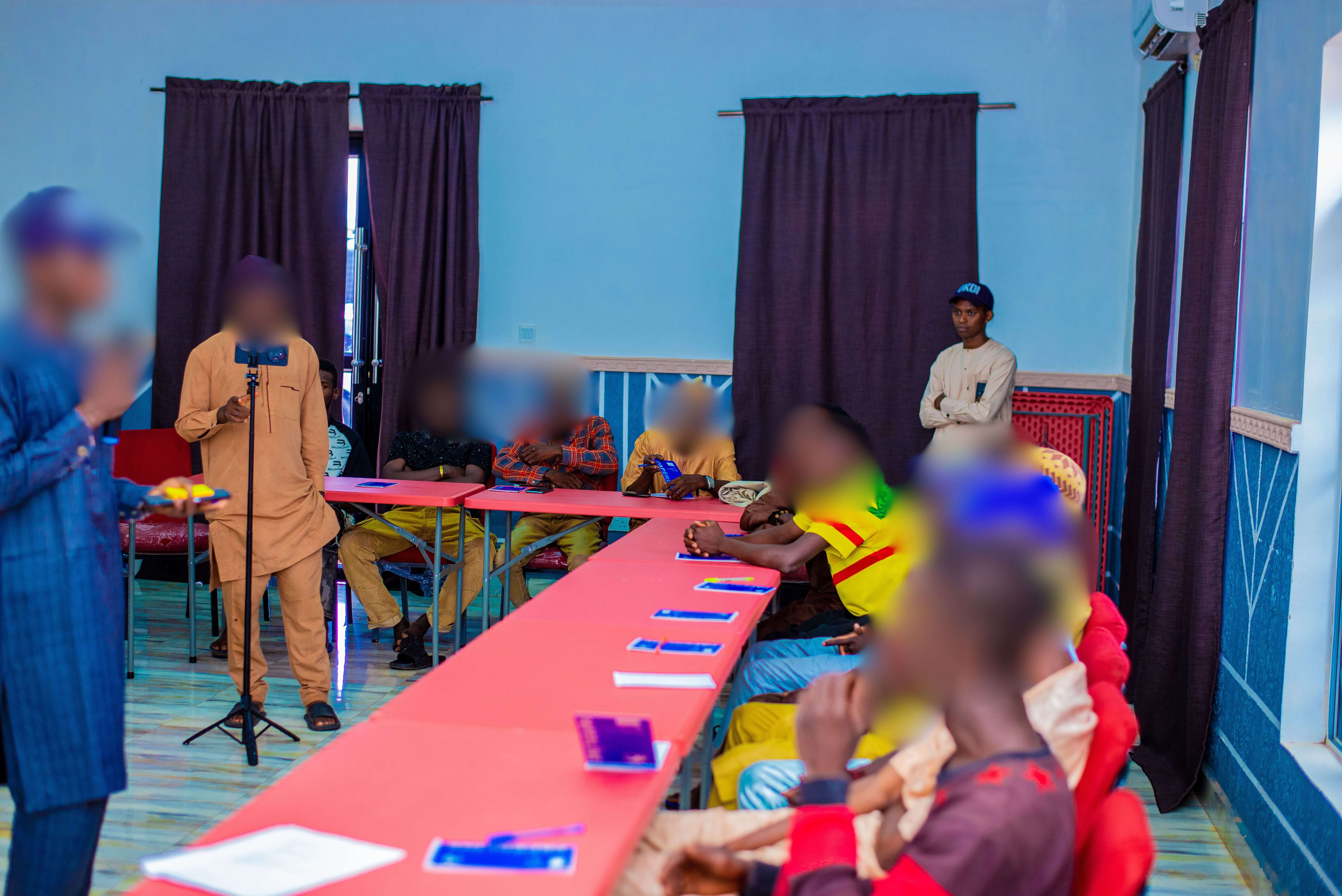
About the initiative on international norm-development and its background
In recent years the international community has come to see young people as “leaders of the future.” Within efforts towards the SDGs and peace-building, the role of younger generations and their contributions are increasingly valued.
Meanwhile, through our field-activities in countries and regions with ongoing armed conflict, we have observed that many youth are involved in Non-State Armed Groups- not only out of ideological sympathy but mainly because of kidnappings or forced participation, poverty and social exclusion, and anger toward government or the international community.
However, those young people involved in armed conflict (Youth Associated with Non-State Armed Groups: YANSAG) are also vital actors for the future of society. Having endured harsh experiences, they may bear a strong will to contribute to peace, and are uniquely poised to become agents for social change. Yet so far, they have mostly been treated simply as threats and left behind in international society.
So-called “child soldiers” under 18 are generally seen as victims of conflict and hence are protected under various international norms. Meanwhile, there is no corresponding international norm for “young people” aged 18 or older who are part of armed groups – they tend to be treated one-dimensionally as perpetrators of conflict.
Therefore, in 2021 (the 10th anniversary of our founding) we issued the “Declaration of the Rights of the Youth Affected by Terrorism and Armed Conflicts”. Building on this declaration, we have advanced efforts for the development of an international norm that will serve as a guideline so that each young person who has been involved in armed conflict around the world can regain agency in society and walk a path as an agent of peace.
Our concrete efforts focus on three main areas:
① Carrying out advocacy activities aimed at establishing an international norm.
We raise global awareness about the rights and empowerment of youth involved in armed conflict, via participation in international conferences/symposia and gathering testimonies from global actors.
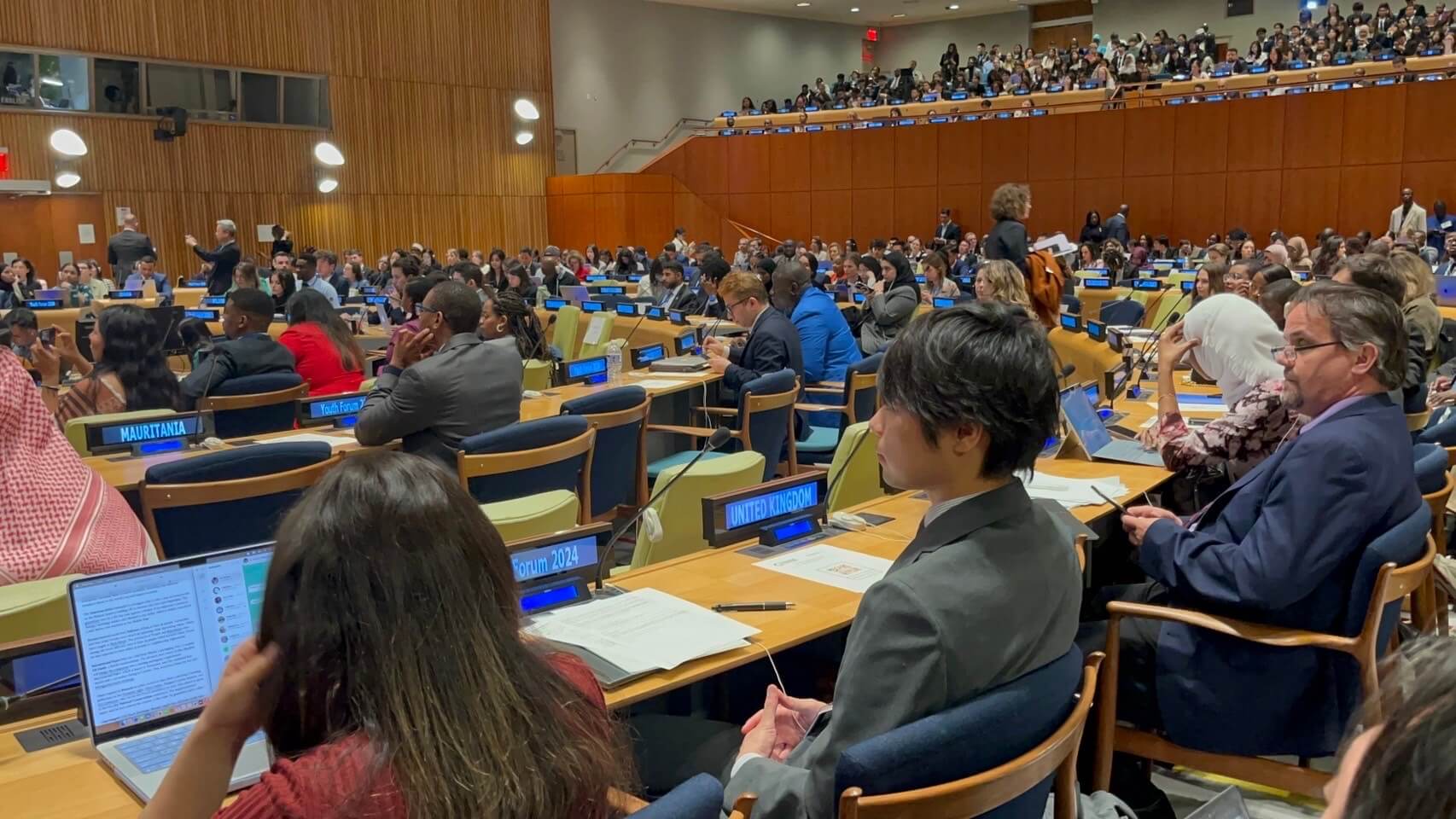 ▲Participation in the United Nations Economic and Social Council
▲Participation in the United Nations Economic and Social Council
② Developing and implementing empowerment programmes.
In cooperation with educational institutions and specialized agencies around the world, drawing on our knowledge gained in conflict-areas and on testimony collected in more than 15 countries, we develop and implement comprehensive programmes that support conflict-affected persons becoming agents of peace.
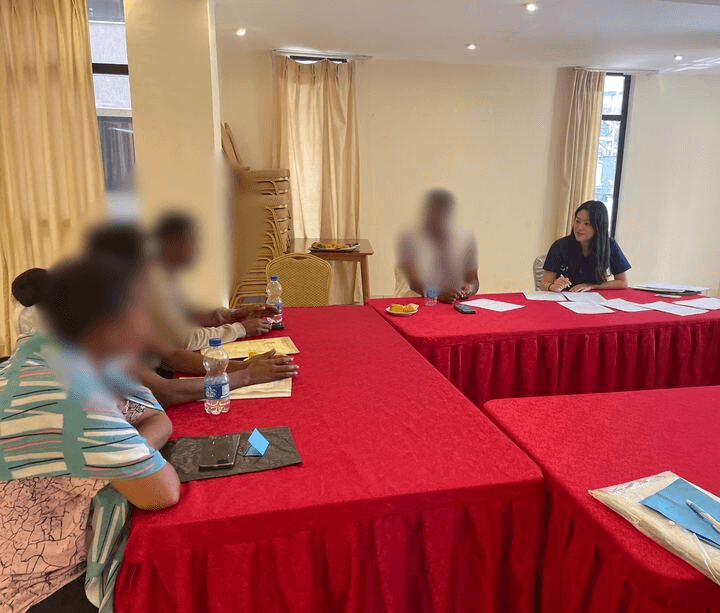 ▲Scenes from collecting testimonies of YANSAG around the world. The photo is from Ethiopia.
▲Scenes from collecting testimonies of YANSAG around the world. The photo is from Ethiopia.
③ Establishing and operating the Global Task Force for Youth Combatants (GTY).
To facilitate the development of international norms, we established GTY so that young people involved in conflict, experts and practitioners, and victims become active participants in the process of international norm development.
In this activity report, we focus on the progress of GTY.
GTY‘s Efforts
GTY brings together participants from around the world, including young persons who were involved in armed conflict, practitioners and experts, as well as people affected by conflict, and advances global awareness-raising activities via online events and international conferences.
Furthermore, we are collecting testimonies from youth who were formerly conflict actors in many countries, and are working on drafting proposal documents.
In the FY2024 grant project, we opened applications globally from mid-December 2024 to the end of January 2025, receiving over 200 submissions. We proceeded to select mainly grassroots projects that contribute to conflict resolution and sustainable peace.
As a result, we decided to fund the following two projects in FY2024:v
(1) Nigeria – A support project for YANSAG from the armed group Boko Haram in northeast Nigeria: In northeast Nigeria, a region with over 10 years of armed conflict, youth in socially-vulnerable positions (poverty, lack of access to education) have been joining armed groups. Even when young people leave armed groups and return to local communities, the communities often lack readiness to accept them, leading to isolation, unemployment, and being drawn back into cycles of resentment. In this project, the project leader Adamu Usman Garko provides “storytelling” training to local YANSAG. Storytelling is a communication skill of expressing one’s message or emotions in narrative form. Through this initiative, youth are encouraged to effectively articulate their own experiences and thereby facilitate reconciliation with their local communities.
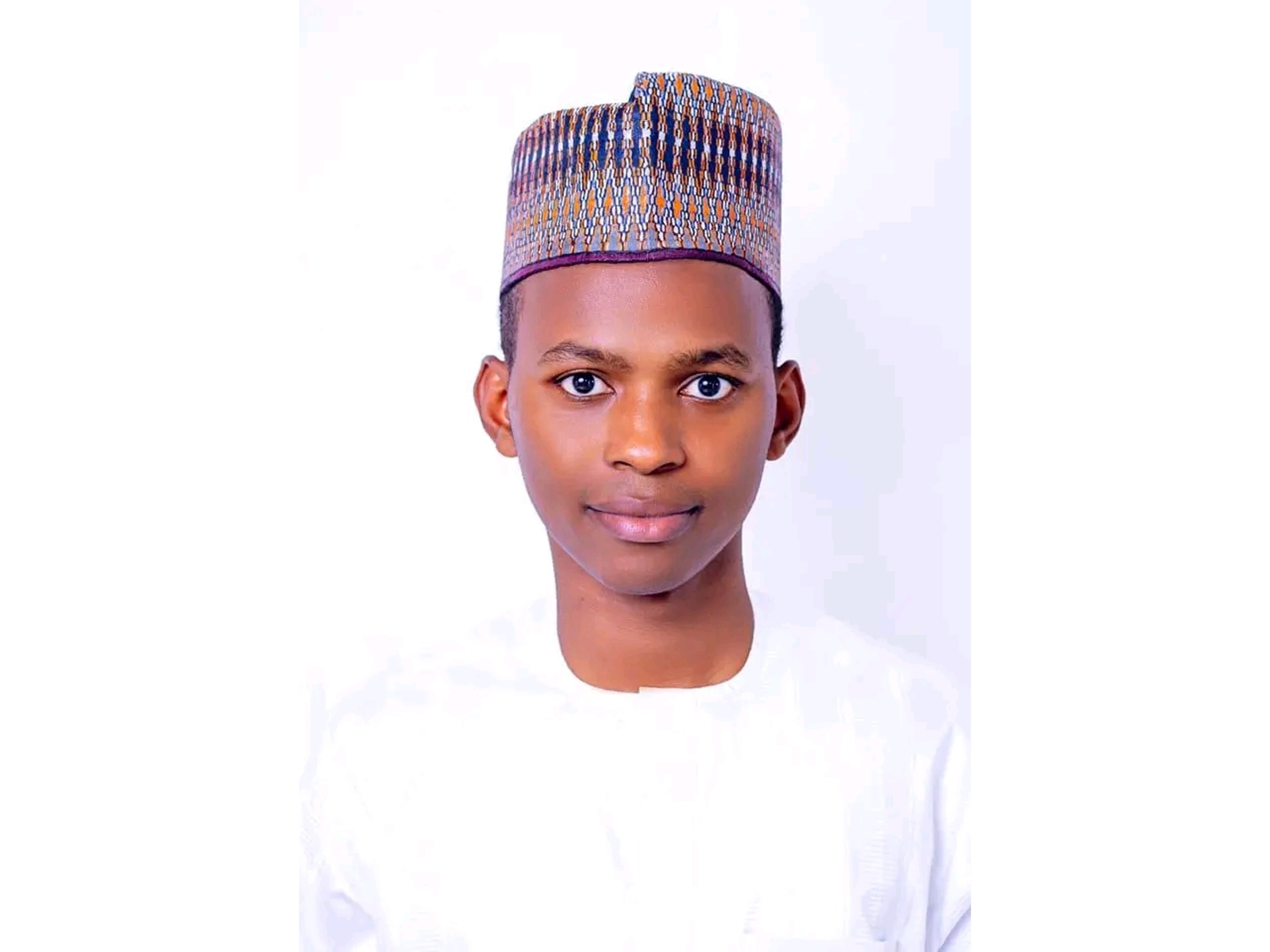 ▲Project Leader Adamu Usman Garko
▲Project Leader Adamu Usman Garko
Mr. Garko‘s comment: “I grew up in northeast Nigeria, witnessing young people suffering from poverty and lack of educational opportunities being forced into participation as combatants. What motivated me to engage in this project is my strong desire to contribute to peace-building in the region. I have always placed emphasis on delivering the voices of those left behind to society.
Currently, with young people who have experience in involvement with armed groups, we are revisiting together what peace means, engaging in dialogue, and supporting their social reintegration. By having them speak about their own harsh past and backgrounds and face their communities, gradually a path toward reconciliation and new beginnings can be taken.
Through dialogue with these young people, I have once again realized that peace is not something someone gives you—it sprouts in dialogue, in courage, and in an unyielding heart.”
 ▲Mr. Adam (the young man wearing a blue cap) conducting training for youth.
▲Mr. Adam (the young man wearing a blue cap) conducting training for youth.
(2) Democratic Republic of the Congo (DRC) – A support project for YANSAG from the armed group Wazalendo in eastern DRC: In eastern DRC, where intense violence continues due to presence of armed groups, youth are joining these groups because of lack of employment and poverty. Also, among several armed groups and local communities, mutual distrust prevails and there is little actual dialogue. Thus, even when youth leave weapons and try to reintegrate, they face difficulty in being accepted by their communities. In this project, the project leader Mr. Sylvain supports youth social reintegration through supporting community-dialogue among communities and by providing income generation support.
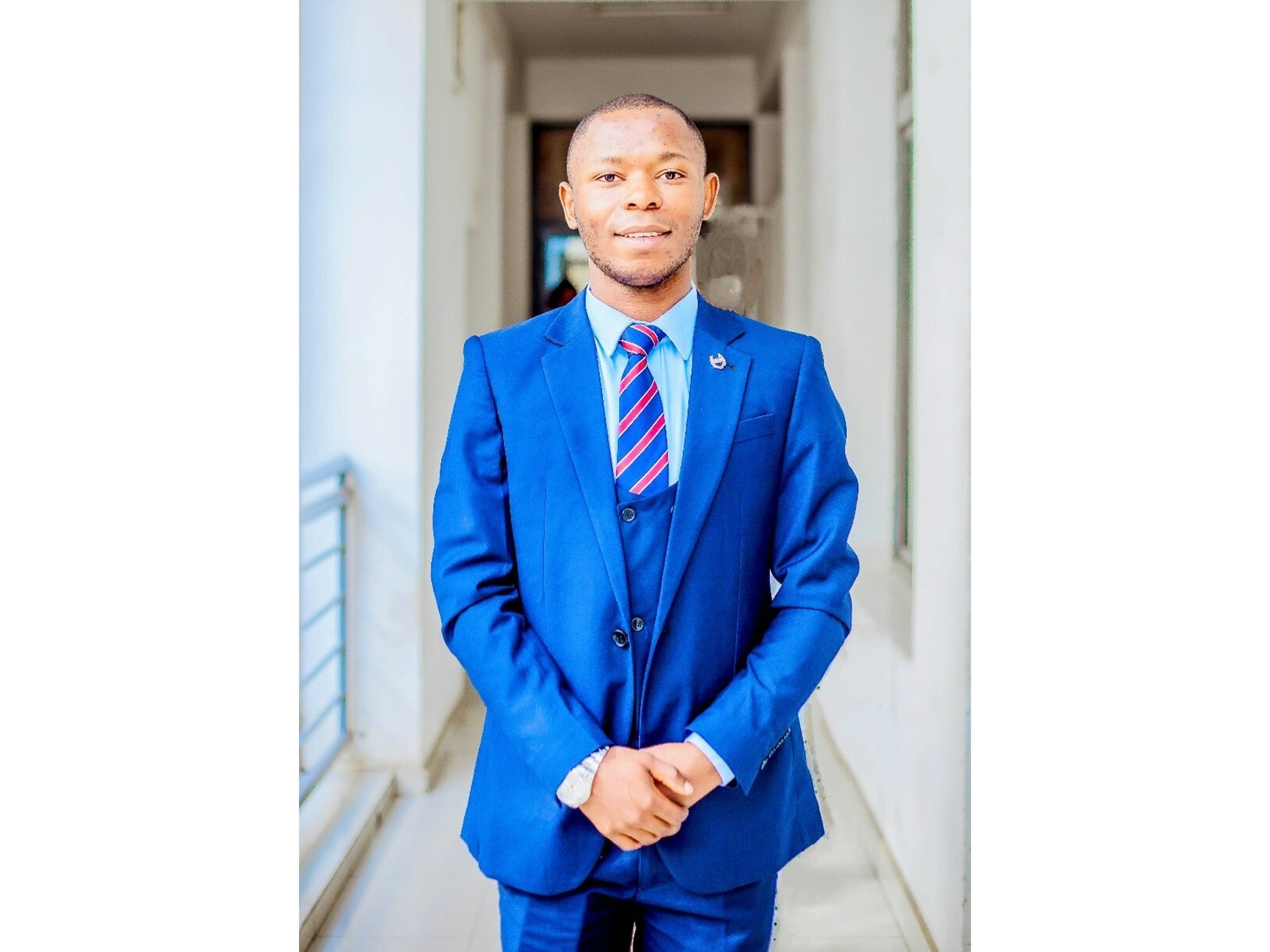 ▲Project Leader Sylvain Akonkwa Nyamwira
▲Project Leader Sylvain Akonkwa Nyamwira
Mr Sylvain’s comment:“The community where I grew up faced violent conflict, population outflow, and lack of opportunities for young people. I want to change such an environment. I am convinced that if young people’s activities are recognised, valued and supported, they can become agents of peace.
Currently, we are carrying out a dialogue project to deepen mutual understanding between community members and young people who joined armed groups due to unemployment. Additionally, we offer vocational training starting from small-scale agriculture, so these youth can become independent. Watching them gather and share their experiences and pain, I have become convinced that healing begins by listening to others’ stories.”
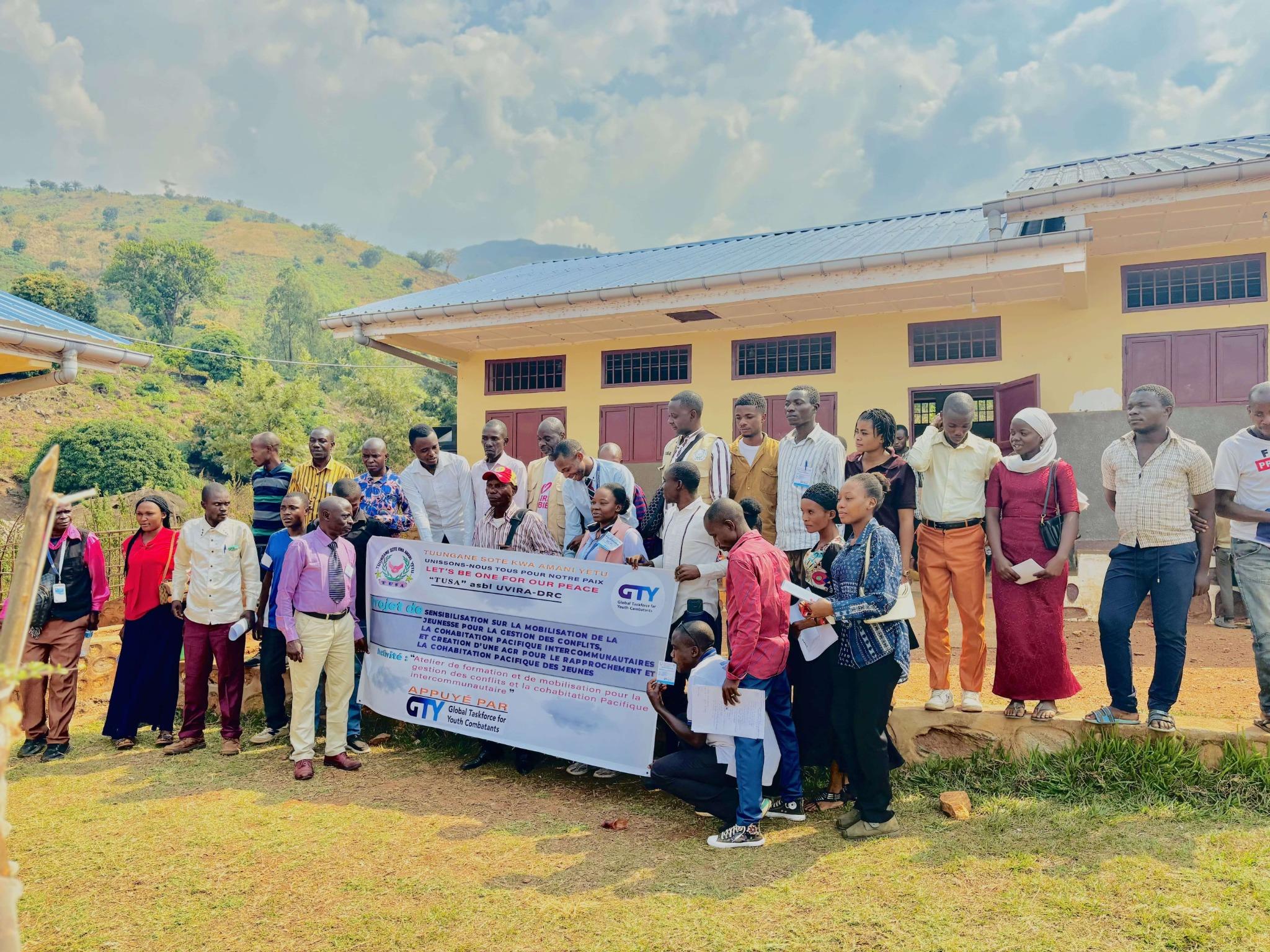 ▲Project in the Democratic Republic of the Congo
▲Project in the Democratic Republic of the Congo
Note: Because Mr Sylvain speaks French, an interpreter was required at the interview during grant-selection. The interpreter was a young person who had come to Japan as a refugee from DRC and was one of the persons we support domestically. That youth had previously been deceived into joining an armed group in his country. Thus he had a deep understanding of the situation and played more than just an interpreter role.
Usually, the International Project Department and the Domestic Project Department operate as entirely separate units. But such synergy is one of the distinctive features of Accept International.
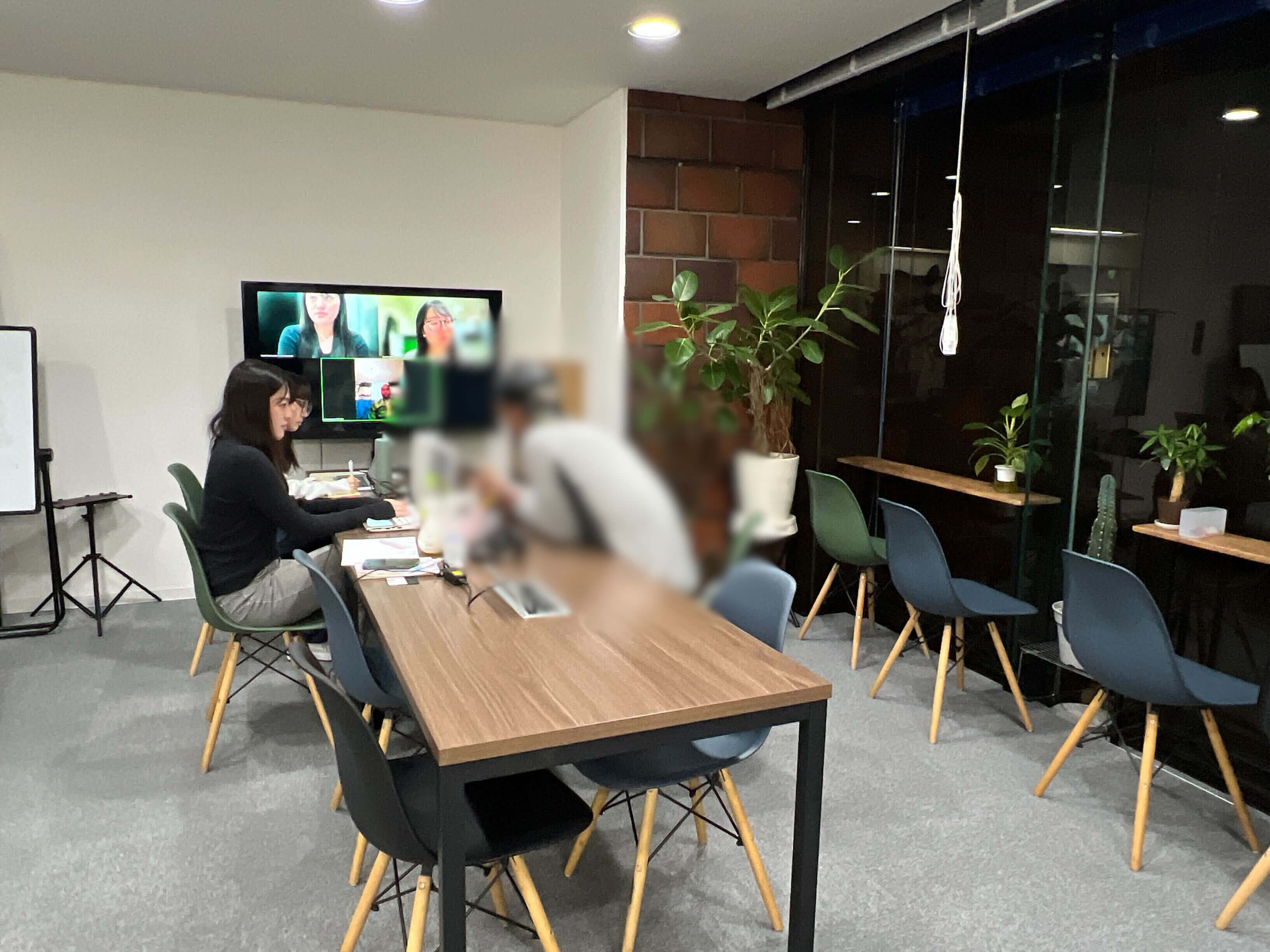 ▲Scenes from the interview for the grant project selection with the interpreter. Mr. Sylvain is participating remotely.
▲Scenes from the interview for the grant project selection with the interpreter. Mr. Sylvain is participating remotely.
Future Outlook and Comments from Two Members
Yuna Minami:
“When people hear the words ‘establishing international norms’ or ‘advocacy,’ I think many, including my past self, find them somewhat abstract or hard to grasp.
What we are doing is an effort to amplify the voices of individual young people whose stories we have gathered through our deeply field-based work on the frontlines of armed conflict.
The accumulation of these voices becomes the very foundation of new norms, and it
supports young people who have been involved with armed groups to leave such environments behind and grow into individuals who have a positive impact on society.
At present, we are aiming for the adoption of a resolution at the United Nations Human Rights Council concerning the rights of YANSAG, and we are also planning to travel to Geneva for this purpose. Going forward, while continuing our initiatives in conflict zones, we will collaborate with staff across departments and with young people worldwide to build results that truly lead to fundamental conflict resolution at the upstream level of international policy.”
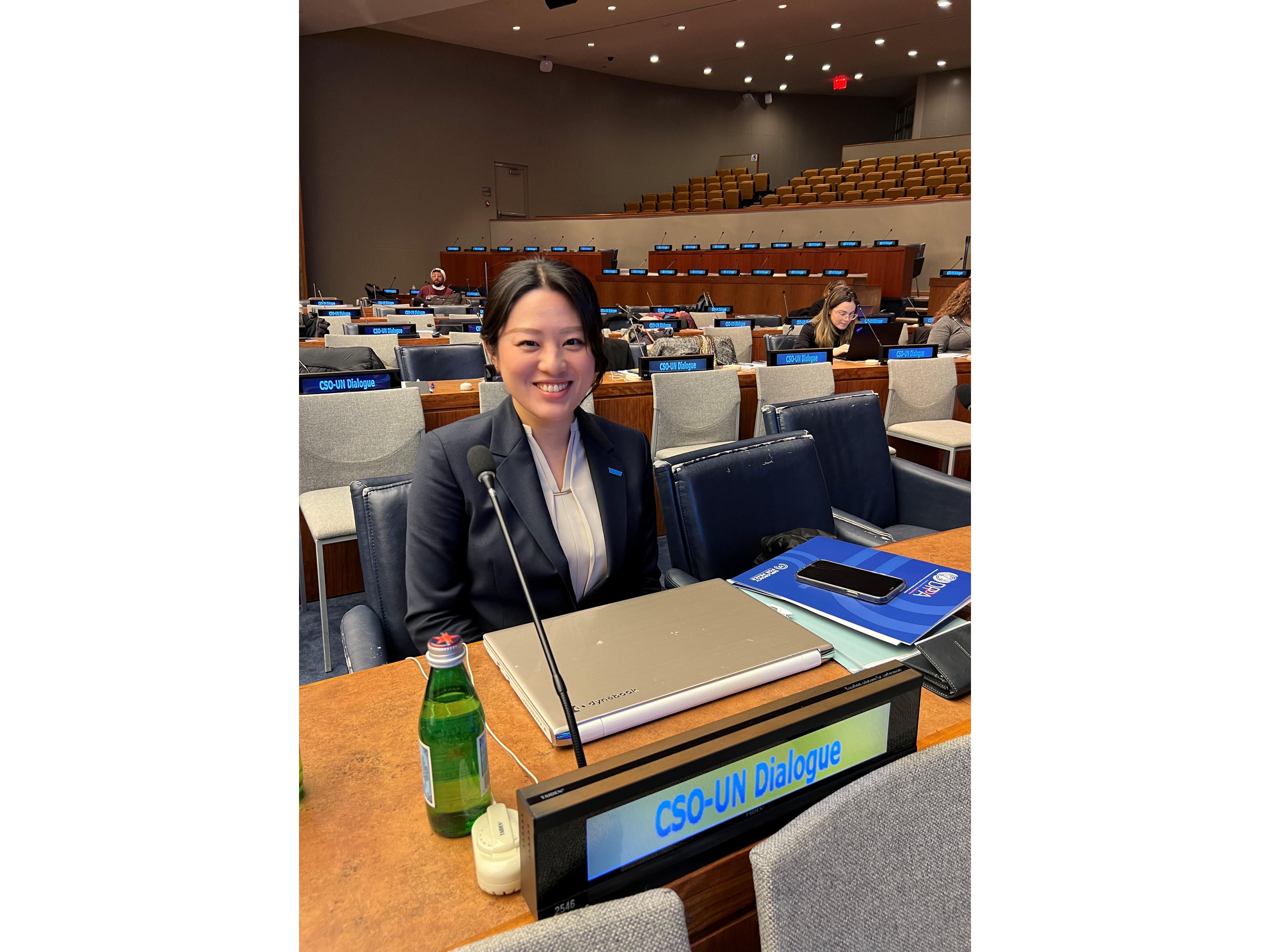
Mana Matsushita
“The effort toward establishing international norms is something that only Accept International can realize, precisely because for many years we have listened to the voices of young people on the frontlines of conflict and faced them sincerely.That we are taking on this challenge itself carries firm, persuasive power and profound meaning, and I strongly feel we are pioneering new ground in the field of peacebuilding.
The journey to advance international consensus, such as a resolution at the UN Human Rights Council, and to reflect that in actual conflict settings is by no means an easy one.
But so that young people who have been involved in armed conflict are never defined by their past or lose hope for the future, we will persistently continue this challenge together with them, fulfilling our mission of connecting the frontlines with the international community.”
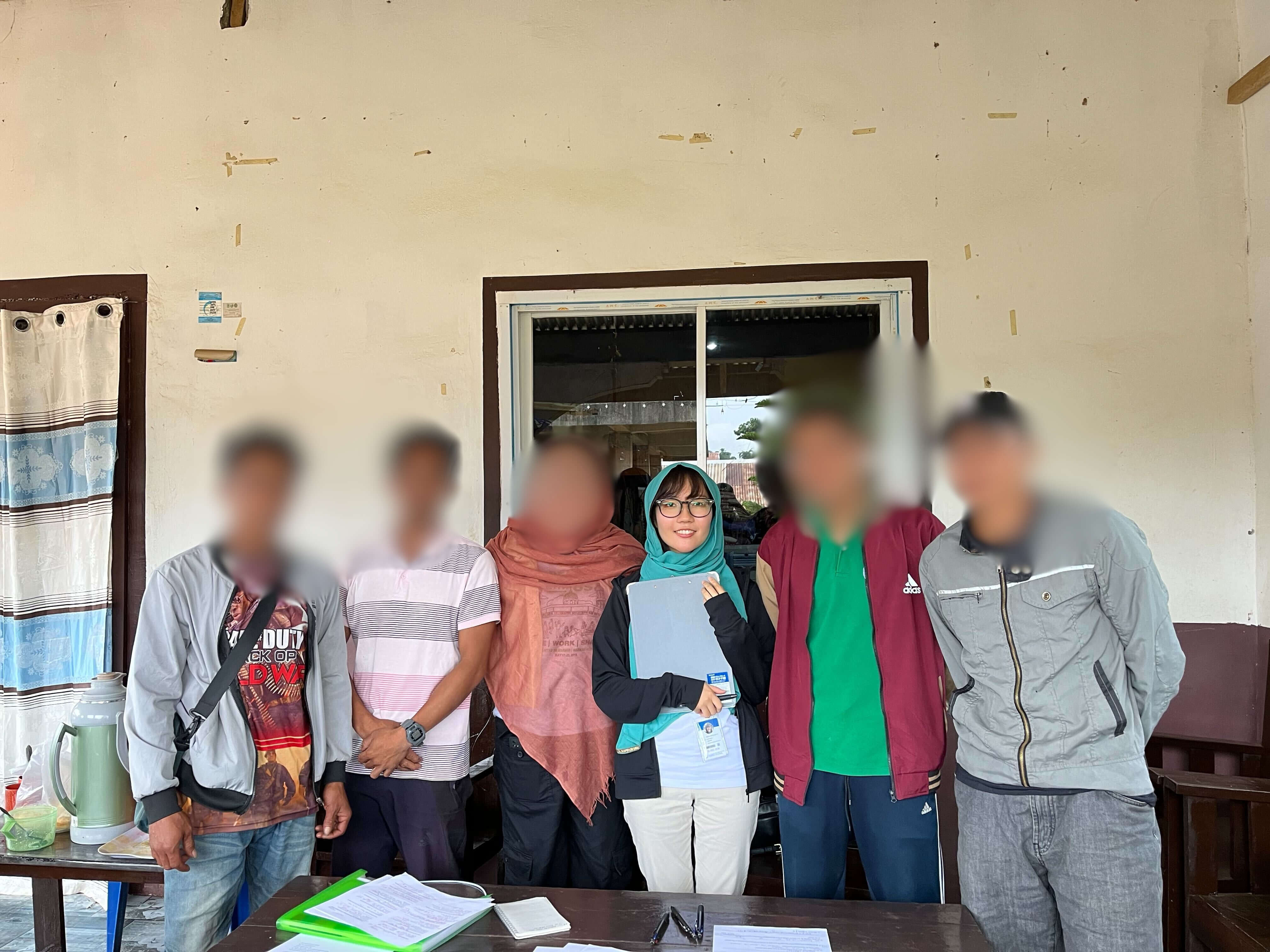
To Our Readers
We are currently seeking “Accept Ambassadors”, monthly supporters who can participate in our activities starting from 10 USD per month.
We would be deeply grateful if you would join us as an Accept Ambassador to help support young people in taking new paths and work together toward the resolution of armed conflict.
Activity Reports










